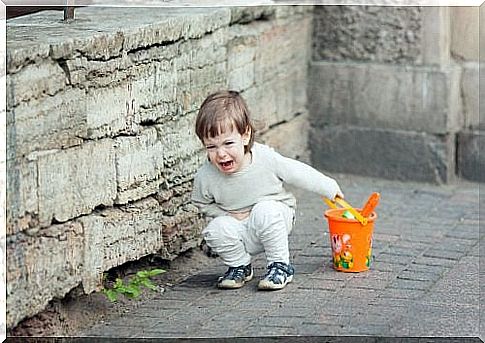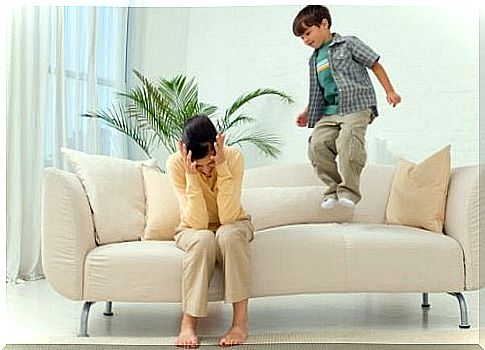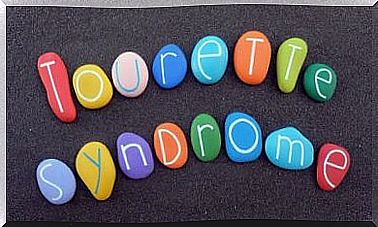Disobedient Children With Their Parents: What To Do?

If your child is “a piece of bread” while you are away from home but when you return the situation becomes totally different, these tips are for you. But are there really disobedient children especially with their parents? Let’s explore this topic and we will try to give you an explanation, read on.
Although it seems daunting, this situation happens quite often for different reasons. It especially occurs when parents leave the child at home with uncles, nannies, or grandparents. Upon return, any parent is ready to hear all the pranks of their children during their absence, but it almost never happens.
In fact the comments are totally opposite and reflect the child’s amiability. At this moment, parents begin to ask themselves questions, also understanding the method of education they are applying. How can it be that there are children who are disobedient only to their parents?
Children disobedient to their parents: the causes
Remember, first, that the bond between mother and child is unique. Thus, with her the child will feel free and relaxed to express their emotions. This means that the child pays attention to his conduct in front of people he does not know.
On the other hand, there is an undeniable need for attention. Through crying, complaining and bad behavior, the little one gets what he wants: parental attention. This also applies to negative attention and reproaches. However, a child who misbehaves to get his mother’s attention is not behaving in an acceptable way; it is an aspect of his conduct that must be corrected immediately.

Disobedient children with their mothers
A common fact is that children sometimes do better with fathers than with mothers. There are many theories of respect: because they spend less time with him and want to make the most of him, or because the mother imposes less authority.
In reality this has a lot to do with what we anticipated earlier. Being the “closest” person, the mother is transformed into the person in whom the little ones have total trust and with whom they open up more. This makes them feel entitled to ask for whatever they want in a way they don’t do with anyone else.
Moms are often the people who look after children whenever they need something. When a situation turns out to be unfair, it annoys them, for sure they will find a way to make it known. Bad behavior can be the means to this end.
How to deal with disobedient children with their parents
Well, now, beyond knowing the causes: what can parents do to manage this situation? These tips can help you if you find yourself in such a situation.
Offer them time and attention
This is the first step in establishing a healthy relationship with children. Spend time together, help him with his homework, have fun together.
Another practice that can be helpful is to let them participate in family decisions. Sometimes children misbehave because their parents don’t give them the attention they need. So, consult them when you have to buy clothes, when you have to choose what to cook for lunch, or in the choice of his extracurricular activities.
Check your reactions
If you enter into a power conflict with the child you will only make the problem worse. You will have the same effect if you think that the child is misbehaving only with you, as this could be a way to manipulate you. Instead, you must remain calm and find peaceful solutions to situations that arise. Always keep a positive and proactive attitude.

Maintain your authority
The above recommendations do not mean that you have to tacitly accept children’s misconduct. You must always make the rules clear; explain and demonstrate that there is no choice but to accept them and that whims will lead nowhere.
You can negotiate on some issues, but not in terms of tasks, negotiation is not an alternative. Keep in mind that it is very common to see children who are disobedient with their parents. The important thing in these cases is to know how to react to these situations promptly, to prevent them from degenerating also in terms of the child’s health.









